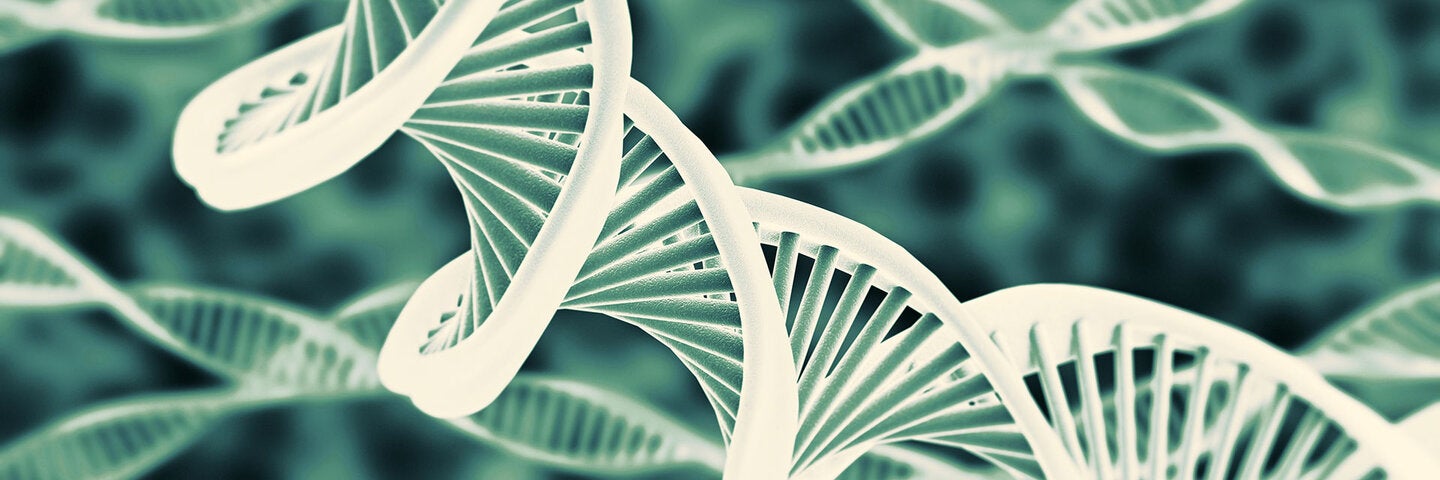Introduction to Molecular Diagnostics, Pharmacogenetics and Personalized Medicine

Introduction to Molecular Diagnostics, Pharmacogenetics and Personalized Medicine
PATH X 401
This course covers the basic principles of molecular diagnostics and the applications of the emerging technologies in personalized medicine.
Get More Info
What you will learn.
What you will learn.
Explore the clinical applications in patients with cancer, inherited diseases, and infectious diseases
Weigh the pros, cons, ethics, challenges, strategies, and public policy of personalized medicine
Comprehend how genetic variations could result in genetic disorders
About This Course
Variations in human DNA over generations result in evolution and beneficial adaptations. However, some changes in human DNA that cause genetic variation occasionally result in genetic disorders. The field of molecular diagnostics focuses on the development of tests that aid in the diagnosis and prognosis of disease, as well as predict disease risk. The information gained by this type of diagnostics can identify the abnormal molecules that signify the presence or potential for disease in individuals. As a result, clinicians can now prescribe drugs or other therapies that target the specific abnormal function. The emerging field of pharmacogenetics aims at predicting the drug response based on an individual's genetic profile, thus helping clinicians to tailor effective treatments. This course overviews the basic principles of molecular diagnostics and pharmacogenetics and the applications of the emerging technologies in personalized medicine. Students learn about the clinical applications of molecular diagnostic in patients with cancer, inherited disease, and infectious disease. The course concludes with detailed discussions on personalized medicine and the pros, cons, ethics, challenges, strategies, and public policy related to this emerging field.
Prerequisites
Introductory courses in Molecular Biology, Genetics, and Biochemistry, or equivalent coursework.

